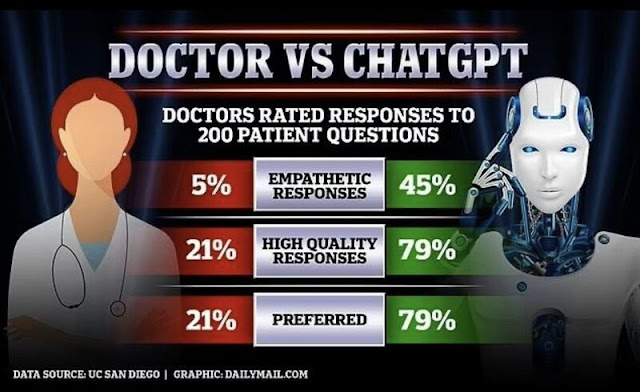10 Best Natural Alternatives to Antibiotics for Infection 2024
As the name implies, antibiotics help fight bacterial infections. They have no effect on infections caused by viruses, such as the common cold, seasonal influenza, SARS-CoV-2 and some ear infections. Antibiotic drugs are routinely overused, both in human medicine and agriculture, resulting in the proliferation of antibiotic-resistant infections. Taking an antibiotic unnecessarily will also kill off your beneficial gut bacteria, which could make it more difficult for you to recover from your illness. The good news is there are many natural plant-based remedies that will help kill bacteria without the risk of building resistance. Here’s a review of 10 natural antimicrobials you can reach for as a first line of defense, before resorting to a pharmaceutical antibiotic. Medicinal Honey As long as you use the right kind of honey, science backs its use for a variety of bacterial infections, especially when used topically. As explained in the 2011 paper, “Honey: Its Medicinal Property and Anti

